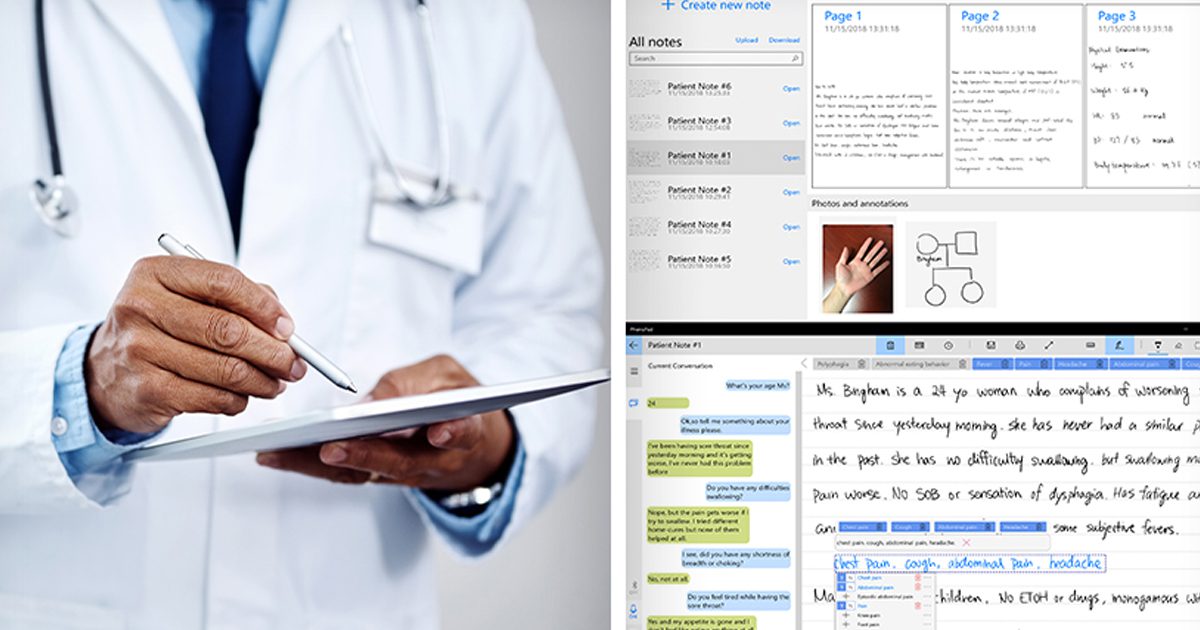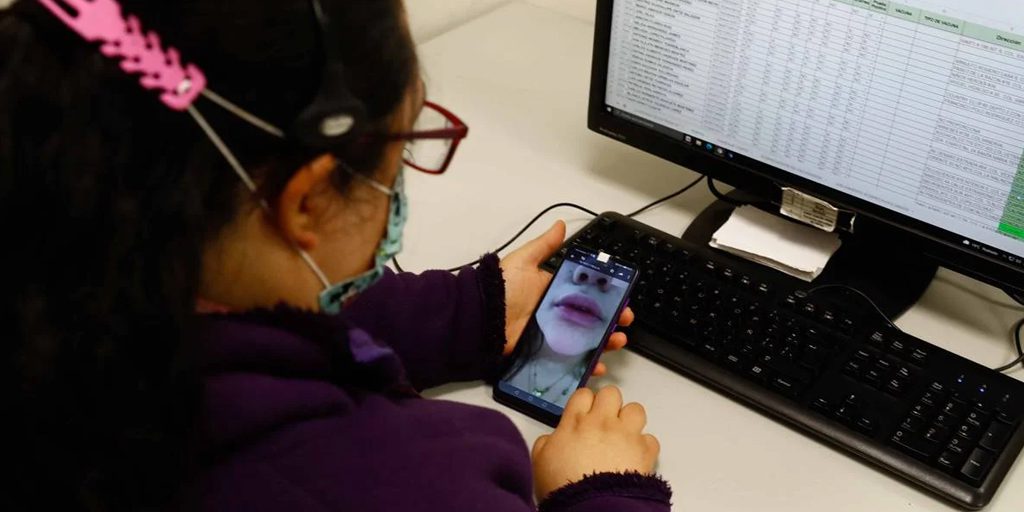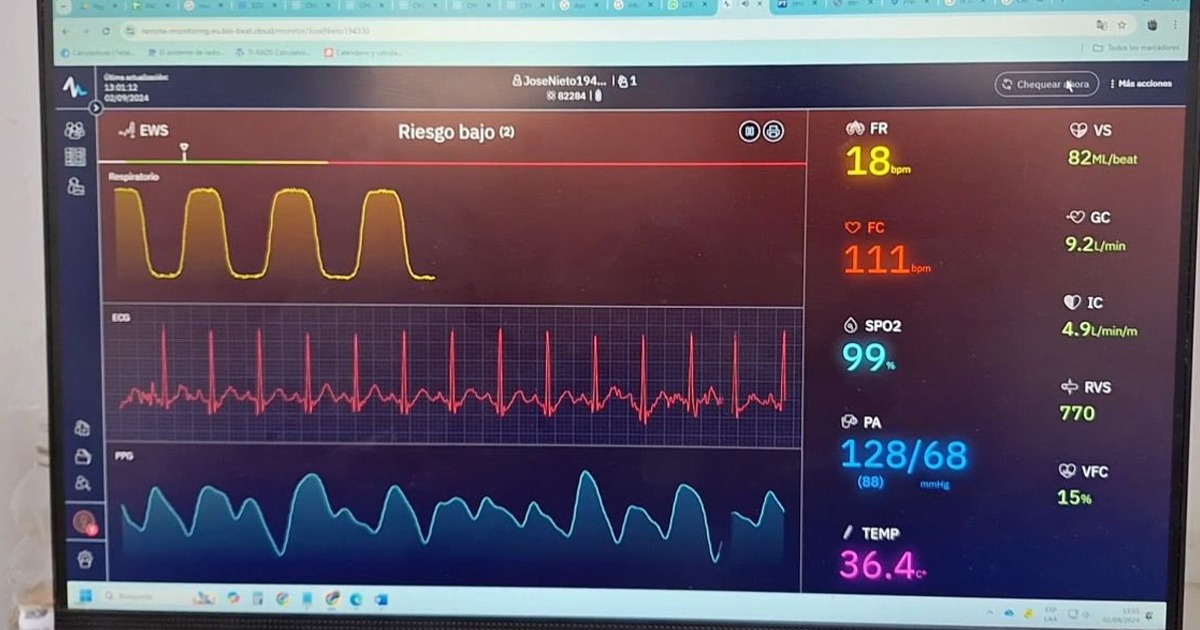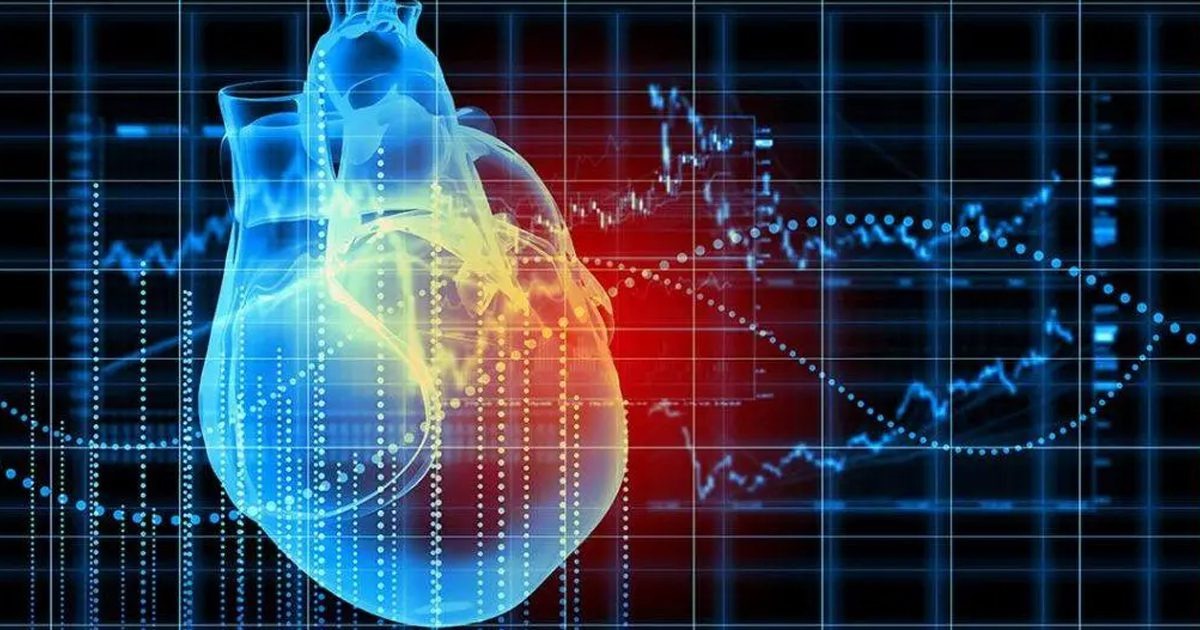Physicians often present challenges when taking clinical notes in patient encounters, which is why there are currently various technologies for taking notes through Artificial Intelligence, keyboards, tablets, or other devices.
A study published in npj Digital Medicine presents an AI system for taking clinical notes and capturing information through various techniques such as voice processing, natural language or handwriting recognition.
Called PhenoPad, this system was developed by scientists at the University of Toronto, as well as researchers from Toronto hospitals and the Toronto Institute for Artificial Intelligence.
PhenoPad is intended to automatically transform patient information into digital formats that can be integrated with electronic medical records, thereby improving the ease and breadth of information captured during future clinical visits.
In addition, given the large amount of data generated by a patient's clinical visit, exam results, laboratory tests, interviews, among others, some doctors are unable to homogenize the data they collect. This represents a greater impact on the workflow for doctors and in some cases even a double workload.
“We propose a framework that actively integrates AI technologies in the interaction between patients and doctors. We first surveyed clinicians to better understand their daily workflows, note-taking practices, views on technology in the clinic, and which note-taking system features would be most beneficial to them. Based on the results, we developed PhenoPad, a mobile interface for free-form note taking and capturing standard phenotypic information on a tablet through a variety of modalities,” the study explains.

This system was tested through a series of surveys of Ontario physicians to first learn about the most common note-taking methods and approaches. According to the information collected, the PhenoPad prototype was developed, which consists of hardware or a tablet on which you can write directly with a stylus and the audio is captured in the background.
That is, it collects handwriting and speech data, which are sent to a remote server for analysis, and finally these are sent to the device in real time for validation and clinical feedback. In addition, PhenoPad records and captures data from images, drawings, charts, diagrams and even videos taken with the tablet. This facilitates not only the work of doctors but also the quality of patient visits.
Check the full study at the following link: https://www.nature.com/articles/s41746-021-00555-9





